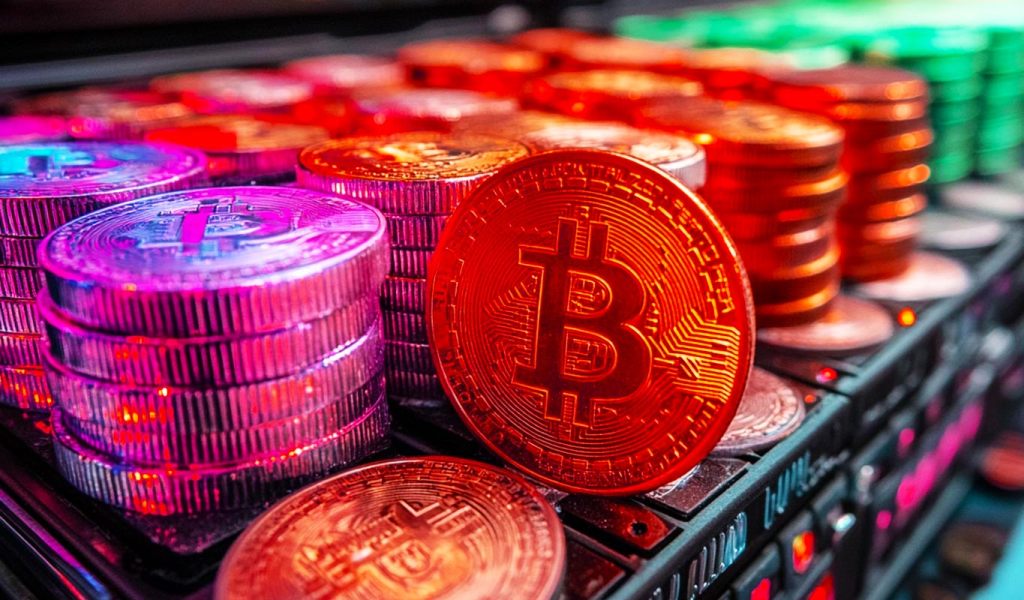
Brazil recorded a 30% increase in crypto trading volume in the first months of 2024, outpacing USD weekly trading volume since mid-January.
Crypto trade volumes in Brazil have spiked in the first months of 2024. According to data from Kaiko Research, crypto trading activity in the country is up 30% year-over-year.
From January to early May 2024, crypto trading volume denominated in Brazilian real reached $6 billion, marking a 30% increase from the previous year. Thus far, in 2024, the country has ranked as the largest market in Latin America and the seventh-largest worldwide in terms of fiat currency trade, said Kaiko.
In the first four months of 2024, crypto trading volume in the Mexican peso was $3.7 billion, while the Argentine peso volume was approximately $300 million.












